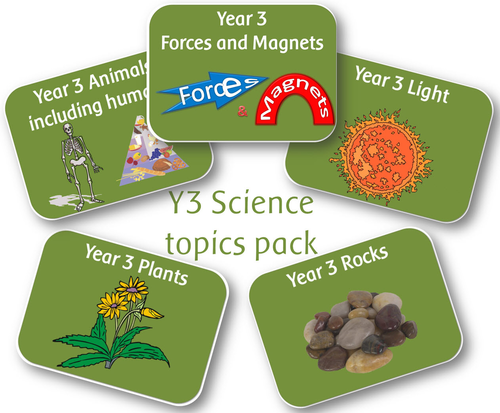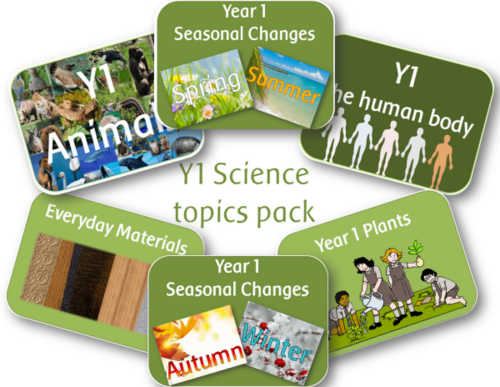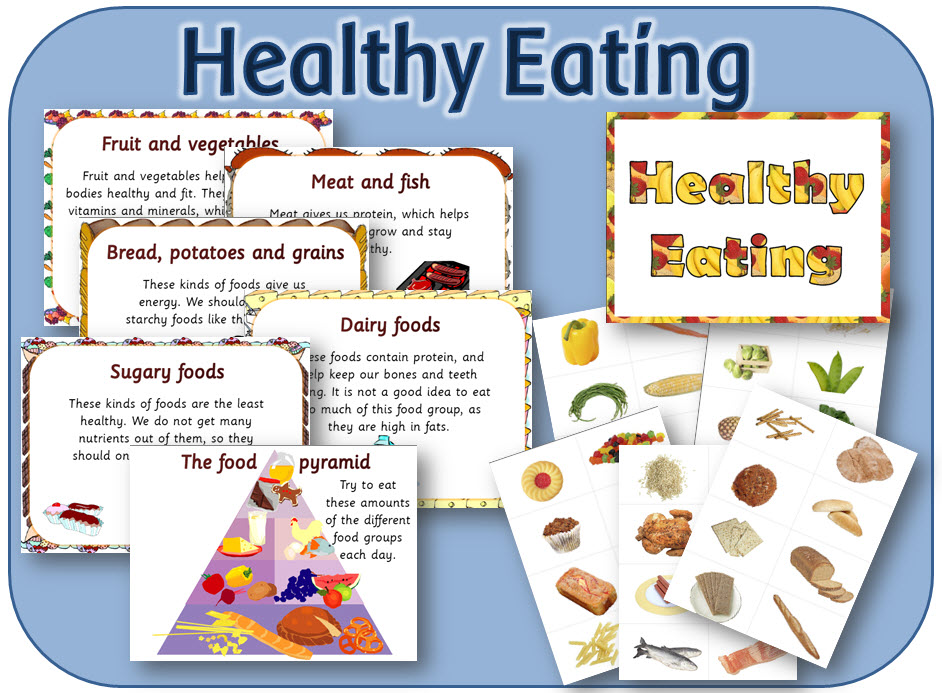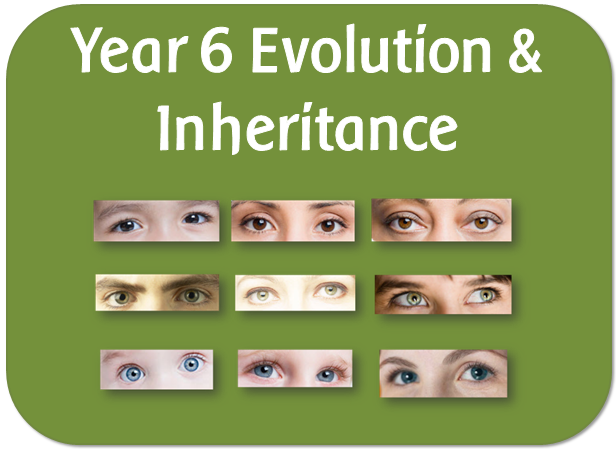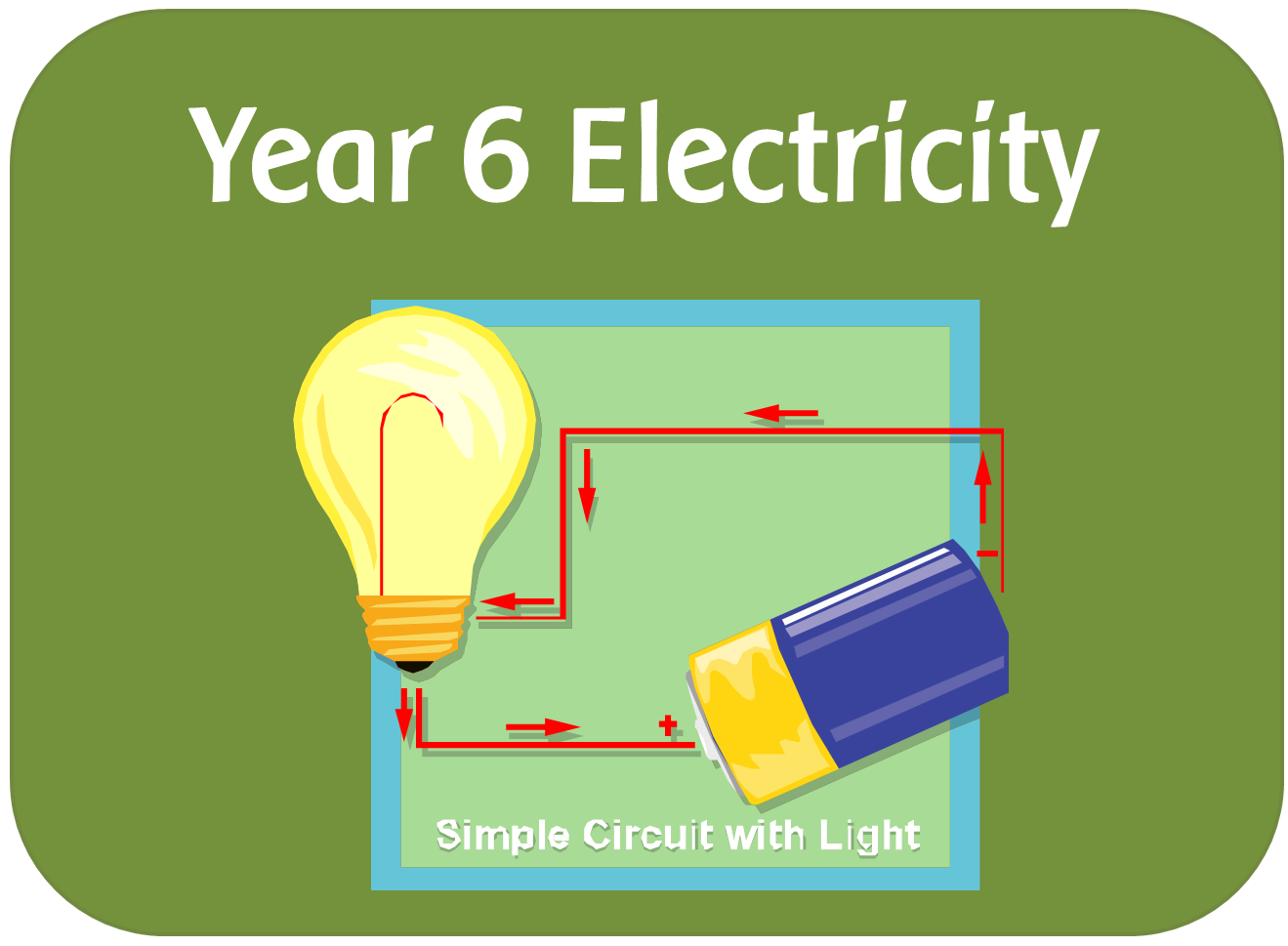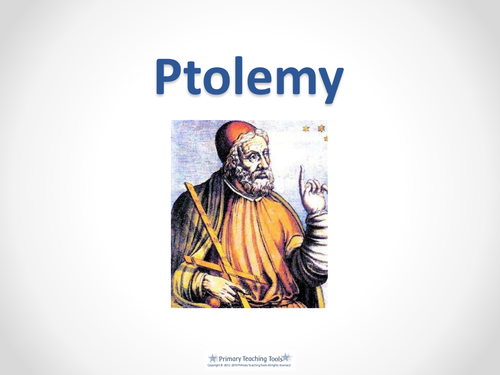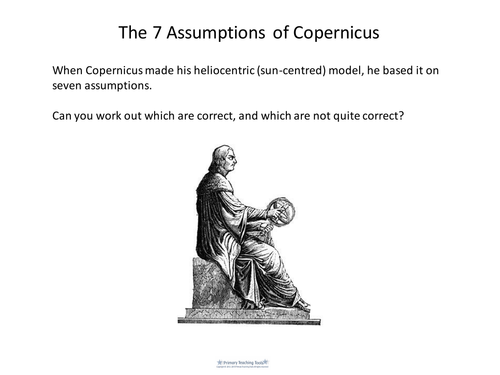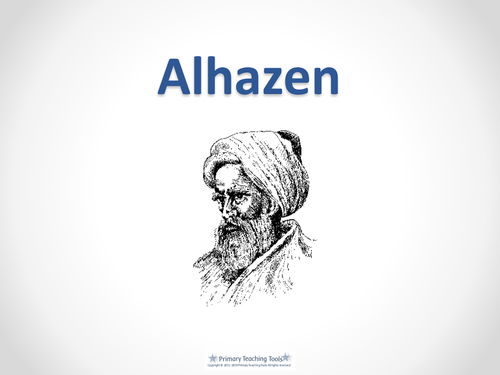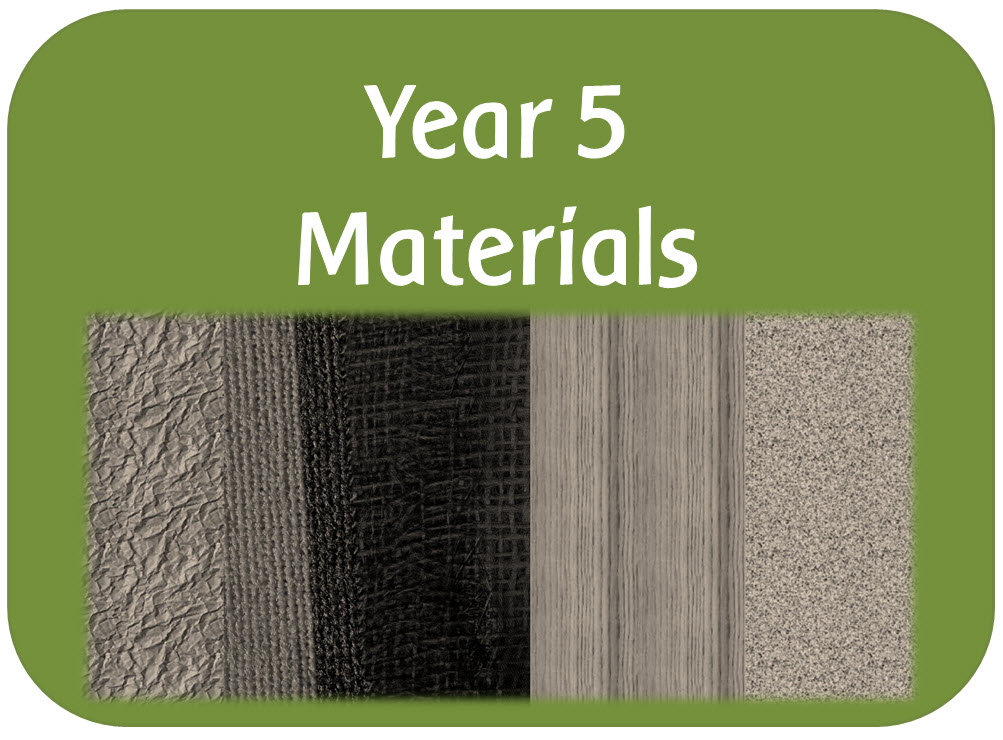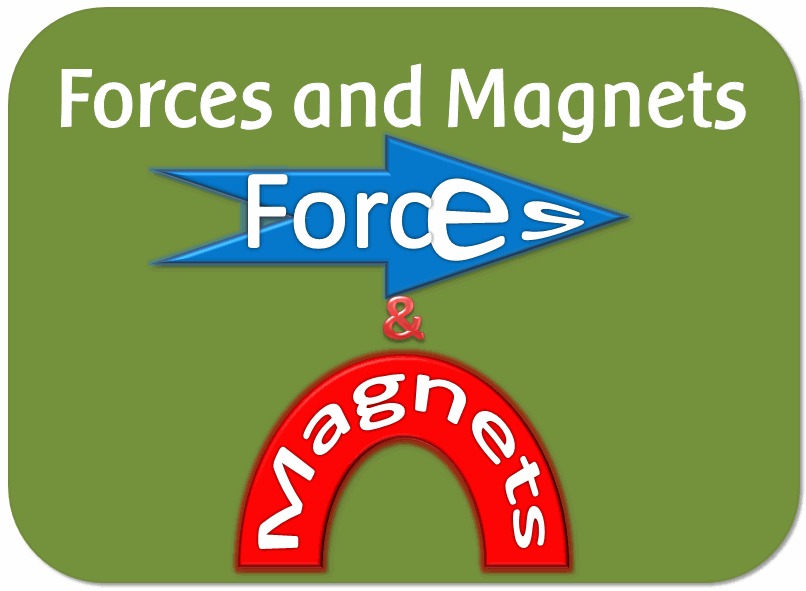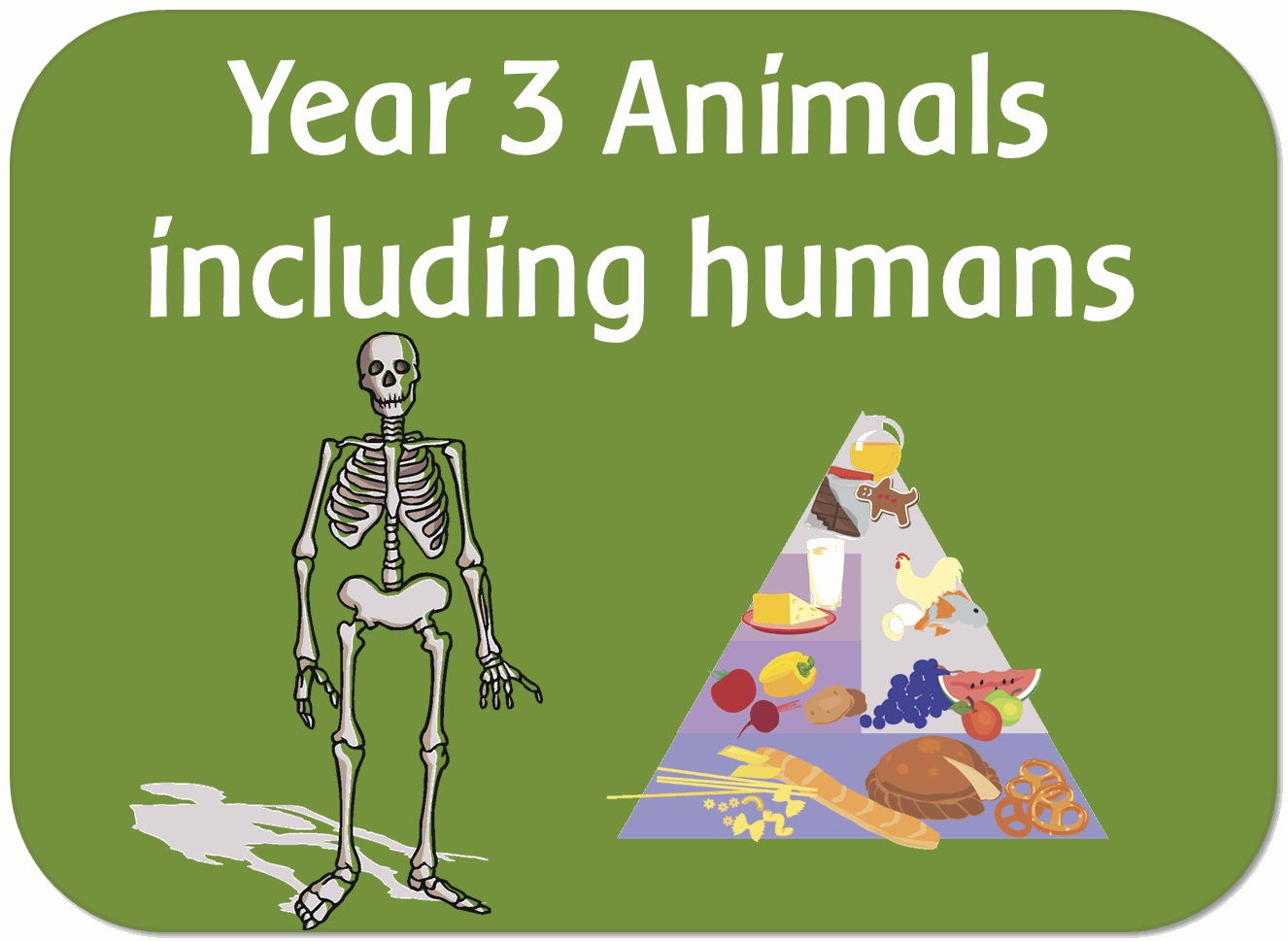
404Uploads
1071k+Views
683k+Downloads
Primary science

Mary Anning powerpoint of her life story and contributions to paleaontology
A 20 page PowerPoint detailing the life of Mary Anning, her achievements and contributions to palaeontology.

Flowers cards - For display, activities, observations etc.
A set of A5 cards containing 58 different common UK flowers. Each card contains the name of the plant / flower and a photograph.
Also included are two A4 titles and large 'Flowers' lettering
Bundle

Year 3 Science topic pack
This set contains resources for the 5 different science topics in Y3. The resources include powerpoint lessons, worksheets, display and outline planning documents.
Bundle

Year 1 Science topic pack
A set of resources for all Science topics covered in Y1 - includes powerpoint lessons, activities, display, outline plans etc.

Minibeast cards - for display, activities, observations etc
This set of cards includes 56 general minibeasts (mainly ones found in the UK); 10 UK butterflies and 10 of the UK's most common spiders.
Also included in each set is an A4 heading.
The cards can be printed out for classification activities, observation,sorting activities etc.

Healthy Eating display
A set of resources for display about Healthy Eating and different food groups. It includes food group posters, blank food group posters, images of different types of food that can be used for display or card games, headings and lettering.

Year 6 Science KS2 Evolution and Inheritance topic pack : powerpoint lessons
A set of powerpoint lessons looking at evolution and inheritance.
POWERPOINTS:
FOSSILS AND CHANGE: What fossils are and how we get information from them
HUMAN VARIATION: Similarities and differences in humans
INHERITANCE AND VARIATION: Variation in offspring - how children are not identical to their parents.
EVOLUTION: simple explanations of how plants and animals adapt to their environment and how this may lead to evolution.
NATURAL SELECTION: survival of the fittest and how the neck of giraffes became longer.
HABITATS AND ADAPTATION: Different types of habitat and the types of life they host.
ACTIVITY:
Families and offspring pictures
Plus an outline adaptable medium term plan with activities and web links

Minibeasts / Insects for EYFS / KS1: PowerPoint lessons, activities and display pack
POWERPOINTS
ANTS:10 page presentation, includes where they live, body parts, life cycle, ant attacks, and food.
BUTTERFLIES: 15 page presentation, includes parts of a butterfly, life cycle of a butterfly, butterfly eggs, caterpillars, what caterpillars eat, how caterpillars change, what do butterflies eat, how do they fly, why are they different colours, and camouflage.
EARWIGS: 11 page presentation, including how they grow, what they eat, where they live, are they pests, how they are born, and interesting facts.
FLIES: 12 page presentation, includes what they eat, life cycle, houseflies, horseflies, mosquitos, crane flies, dung flies, and hoverflies.
HONEY BEES: 10 page presentation, includes what they eat, where they live, arethey pests, bee stings, life cycle, what they look like close up, how they make honey, and a bee rhyme
LADYBIRDS:10 pages, includes where they live, what they eat, life cycle, enemies, facts and a rhyme.
SLUGS AND SNAILS: 9 page presentation, includes where they live, what they look like, how they move, life cycle, what they eat, and what eats them.
SPIDERS: A 22 page presentation, includes spider body parts, legs, eyes, mouth, predators, webs, spiderlings, different types of common spiders - house spider, garden spider, woodlouse spider, wasp spider, spitting spider, and tarantula.
WOODLICE: 7 page presentation, including where they live, are they insects, what do they look like, what do they eat, does anything eat them, and life cycle.
WORMS: A 13 page presentation, includes can worms see, where they live, how they move, what and how they eat, how they breathe, their enemies, and how they are good for the soil.
MINIBEAST FACT FILE: 24 page presentation, recapping different minibeasts
I KNOW AN OLD WOMAN WHO SWALLOWED A FLY: -the rhyme
DISPLAY resources
A-Z LETTERING: Plus numbers and letters with a minibeast/leaf fill
MINIBEASTS BANNER: Prints onto 2 A4 sheets
MINIBEASTS DISPLAY BORDER: Attractive border to print out to frame your displays
INSECTS LETTERING: Prints onto 2 A4 sheets. You can cut the letters out out or display it as a banner
MINIBEASTS LETTERING:Prints onto 3 A4 sheets. You can cut the letters out out or display it as a banner
NUMBER LINE: Ant number line to 20
LIFE CYCLES: 3 pages - the life cycles of a bee, butterfly and fly.
ACTIVITIES
CARDS - WORDS AND PICTURES: Match the words to the minibeast pictures. 16 different minibeasts, 32 cards in total
MINIBEASTS FLASH CARDS: 39 different flash cards with photographs of common minibeasts. They can be used as cards or for display.
MINIBEAST CLIPART: Colourful clipart to print
MINIBEAST COLOURING: Large black and white pictures to colour
WRITING BORDER: Minibeast writing border; lined and unlined
TOPIC COVER: To colour in - 2 versions, insect/minibeasts

Year 6 Electricity science topic - powerpoint lessons, activities and display pack
A set of resources to assist practical investigations when learning about electricity and simple circuits.
POWERPOINTS
CIRCUITS AND ELECTRICITY: Asks questions to recap on learning from Year 4, to see if children have the appropriate background knowledge. It explains electricity and how it will only flow when it has a complete circuit. It talks about batteries as a source of electricity and introduces the use of symbols for creating circuit diagrams.
CIRCUIT DIAGRAMS: Goes into circuit diagrams in more detail, showing different symbols, and different circuits, explaining how bulbs can be made brighter etc. Ends with questions about circuits and asks how the children can test out their answers.
ACTIVITIES
AfL, to record what they know / would like to find out
Circuit recording sheet
Circuit cards (to make pictorial representations of circuits)
Topic cover x 2, with and without a picture
DISPLAY
A-Z lettering
Banner
Cards - circuit symbols
Vocabulary cards
INVESTIGATION AND RECORDING SHEETS
A folder of sheets for recording and investigations
Plus an adaptable medium term plan, with web links

Year 6 science - Light - powerpoint lessons, worksheets and display pack
A set of IWB lessons, worksheets, activities, planning and display resources to teach about light, shadows, reflection and refraction following the objectives in the new science curriculum.
The pack includes:
POWERPOINTS:
SEEING LIGHT: Recaps on previous learning, that the sun is the main source of light, and looks at other sources of light. It explains how light travels in straight lines and demonstrates how we can see objects when light reflects off them.
SHADOWS: Discusses how shadows are formed, and how they are changed when the source of the light moves.
REFLECTION, REFRACTION & LIGHT PHENOMENA: Explains how periscopes work, how objects seem to change when they are under water, how rainbows form, how soap bubbles reflect light, how coloured filters work, what night vision is, and briefly looks at other types of light that the children might have heard of.
WORKSHEETS AND ACTIVITIES:
Topic cover x 2
Concept worksheet
Worksheet to explain about light
Investigation cards to inspire different investigations
DISPLAY:
A4 Title
A-Z lettering
Vocabulary
INVESTIGATION:
A folder of blank investigation and recording sheets, plus bar charts
Plus a medium term plan with activities and web links

Year 5 science - Famous scientists - Nicolaus Copernicus
A powerpoint about the life and discoveries of Copernicus, with a quiz about his seven assumptions.

Year 5 science - the development of ideas about the solar system.
A powerpoint showing a timeline of astronomy.

Year 5 science Properties and changes of materials - powerpoints, worksheets and planning
A set of resources for the new science curriculum. It contains:
1a. INTRODUCTION TO THE TOPIC - LO: To find out what the children already know about materials.
WORKSHEET: A sheet for the children to record what they already know and what they would like to find out about materials.
1b. MATERIAL PROPERTIES - LO: To compare and group everyday materials together
POWERPOINT: A look at 12 different properties of materials, with examples of the materials with those properties. It can also be printed out for display.
WORKSHEET 1: Material properties worksheet
2. DISSOLVING - LO: To know that some materials will dissolve in liquid to form a solution, and describe how to recover a substance from a solution
POWERPOINT: Explains the meaning of dissolve and gives examples of different materials that can be dissolved.
3. SEPARATING A MIXTURE - LO: To use knowledge of solids, liquids and gases to decide how mixtures might be separated.
POWERPOINT: Looks at different mixtures and how they can be separated, including sieving, filtering and evaporating.
4. USES OF EVERYDAY MATERIALS - LO: give reasons, based on evidence from comparative and fair tests, for the particular uses of everyday materials
POWERPOINT: Asks the children to study objects to see what properties different materials have. Asks questions about which properties and materials would be best for making certain objects.
5 & 6. REVERSIBLE AND IRREVERSIBLE OBJECTS - LO: look at dissolving, mixing and changes of state, and reversible and irreversible changes.
POWERPOINT: Explains the meaning of reversible and irreversible changes, giving examples of each. Ends with a quiz where the children have to decide what changes have taken place to certain materials.
7. MATERIALS QUIZ: Recap of all the learning objectives.
POWERPOINT : A quiz
WORKSHEET : Sheet for recording quiz answers
WORKSHEET : Sheet for recording what they have learnt
OTHER RESOURCES
A-Z lettering, with a picture background
A4 Properties and changes of materials title
Materials banner/lettering to cut out
Materials topic booklet front cover - with space for children to draw their own design.
Vocabulary PowerPoint - can be used as a show and printed out for display.
Photo cards - 12 objects made from different materials
Investigation and recording sheets - A folder of blank tables, graphs and planning and recording sheets
Year 5 Materials medium term planning: An outline of the activities and learning objectives with websites and ideas. It can be added to and amended for your own use.

Year 5 science - Forces - powerpoints, worksheets, planning & investigation sheets
A set of resources for the new science curriculum, looking at different aspects of forces such as air resistance, water resistance, friction, gravity and mechanisms. It contains:
1. INTRODUCTION TO THE TOPIC - LO: To find out what the children already know about forces
POWERPOINT: A recap of previous learning from Year 3.
WORKSHEET: A sheet for the children to record what they already know about forces.
2. FALLING TO EARTH - LO: Explain that unsupported objects fall towards the Earth because of the force of gravity acting between the Earth and the falling object
POWERPOINT: A look at gravity and explanations of weight, newtons, and how forces can balance objects to keep them from falling.
WORKSHEET 1: Force meter recording sheet
WORKSHEET 2: Falling objects and gravity recording sheet
3. FRICTION - LO: Identify the effects of friction that act between moving surfaces
POWERPOINT: Explains what friction is, when it happens and how useful it can be in daily life.
WORKSHEET: Friction recording sheet
4. WATER RESISTANCE - LO: Identify the effects of water resistance that act between moving surfaces
POWERPOINT: Explains what water resistance is and what effects it can have. Looks at different shapes and how high or low the water resistance would be for each.
WORKSHEET: Water resistance recording sheet
5. AIR RESISTANCE - LO: Identify the effects of air resistance that act between moving surfaces
POWERPOINT: Explains air resistance and how it can slow different objects down. Looks at ways in which it can be useful and situations where it is important.
WORKSHEET 1: Air resistance activity
WORKSHEET 2: Weight in water and air recording sheet
6. LEVERS, PULLEYS AND GEARS - LO: Recognise that some mechanisms, including levers, pulleys and gears, allow a smaller force to have a greater effect.
POWERPOINT: Looks at and explains each mechanism in turn, giving examples of each and how forces are altered by them.
7. FORCES RECAP
POWERPOINT 1: A recap of all the learning covered in the topic
POWERPOINT 2: A quiz
WORKSHEET 1: Sheet for recording what they have learnt
WORKSHEET 2: A quiz answer sheet, can be used for assessment.
OTHER RESOURCES
A-Z lettering, with a picture background
A4 Forces title
Forces topic booklet front cover - with space for children to draw their own forces design.
Vocabulary powerpoint - can be used as a show and printed out for display.
Writing sheet
Investigation and recording sheets - A folder of blank tables, graphs and planning and recording sheets
Year 5 Forces medium term planning: An outline of the activities and learning objectives with websites and ideas. It can be added to and amended for your own use

Year 4 science - Electricity - powerpoints, display and worksheets pack
A set of resources following the new science curriculum. Looks at simple series electrical circuits, common conductors and insulators.

Year 3 science - Plants - powerpoints, worksheets, planning & display
A set of resources looking at the functions of different parts of flowering plants (roots, stem, trunk, leaves and flowers); the requirements of plants for life and growth, and the part that flowers play in the life cycle of a plant.

Year 3 science Forces and Magnets - powerpoints, worksheets, display & planning
A set of resources looking at how things move on different surfaces; that some forces need contact between two objects but that magnets attract or repel each other or other materials, and comparing and grouping materials on the basis of whether they are atracted to a magnet.

Year 3 science - Animals including humans worksheets, powerpoints, planning and display
A set of resources looking at how animals need the right types and amount of nutrition; and how humans and some other animals have skeletons and muscles for support, protection and movement.



